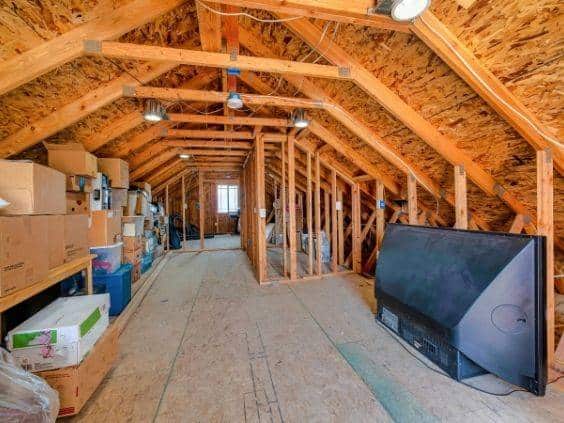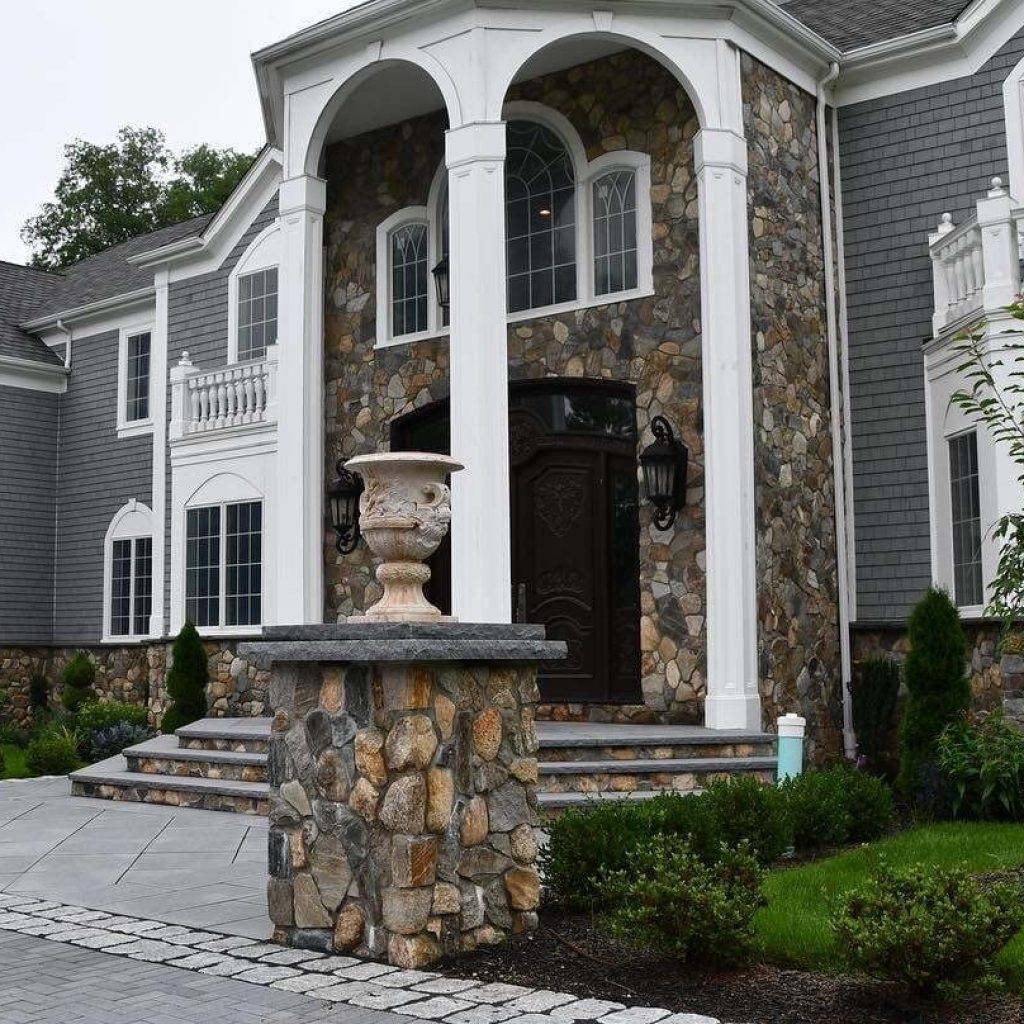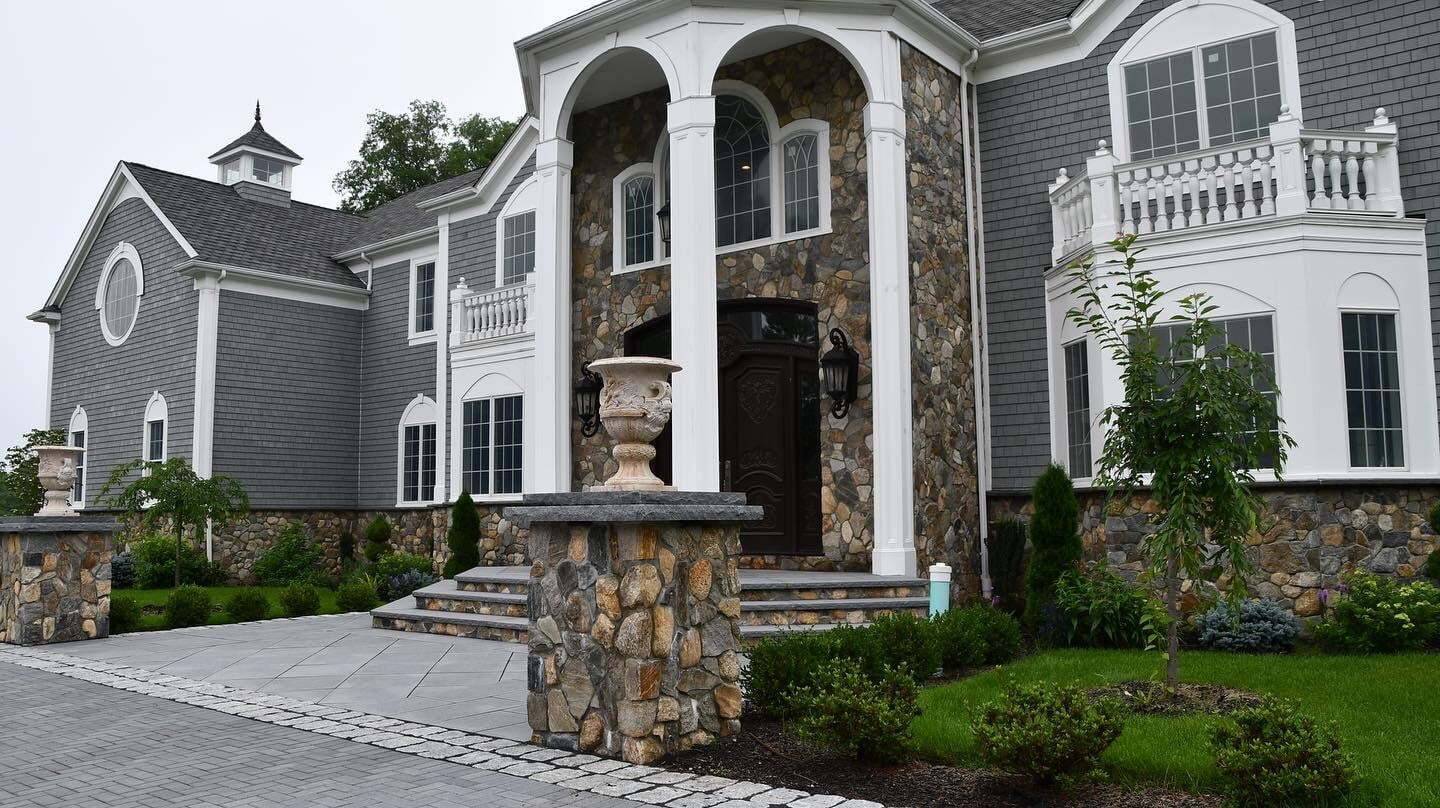Throughout your home—even before you move in—there are hazards you need to check for because they can potentially harm you and your family. Even though there’s plenty of hazards in the house to look at, we’d like to focus on the dangers in your attic that can harm you.
Dust in the Air
Dust is a collection of tiny solid particles that accumulate from soil and particles carried by the wind, among other things. Attics have poor ventilation, which can create more harm than good. If you don’t correctly mitigate the home of dust, mold will accumulate. While you’re improving the attic, wear the proper equipment. This includes goggles, a face mask, and gloves, all of which will protect you from dangerous particles.
Mold On Surface Areas
Usually, attics are dark spaces, have a strange musty smell, and are wet. Like the basement, the attic can still grow mold if you procrastinate on checking for leaks. Mold can be black, brown, green, and orange. Over time, the accumulation gets to a point when a professional needs to step in to help resolve it. If you notice that you have any indications of illness—such as trouble breathing, irritated eyes or organs, or arthritis—you probably have a mold problem.
Asbestos Lined Walls
Although asbestos was used to prevent fires and absorb sound, nowadays it’s one of the worst contaminants to find in your home. Asbestos can cause serious illnesses that won’t show until 15 years later. If you aren’t sure where to find asbestos insulation in your attic, contact a specialist who can further describe asbestos insulation and what you need to do to check for yourself. Or, you can have a specialist come in to thoroughly inspect your house and attic space. (This is especially useful if you plan on renovating.)
These three dangers in your attic that can harm you are a few contaminants you should regularly check for. After inspecting for potential hazards, contact a specialist who can help contain and remove the issues before they harm you. Additionally, knowing these things before renovating an attic can save you time, money, and potential fines from communal home building codes.













